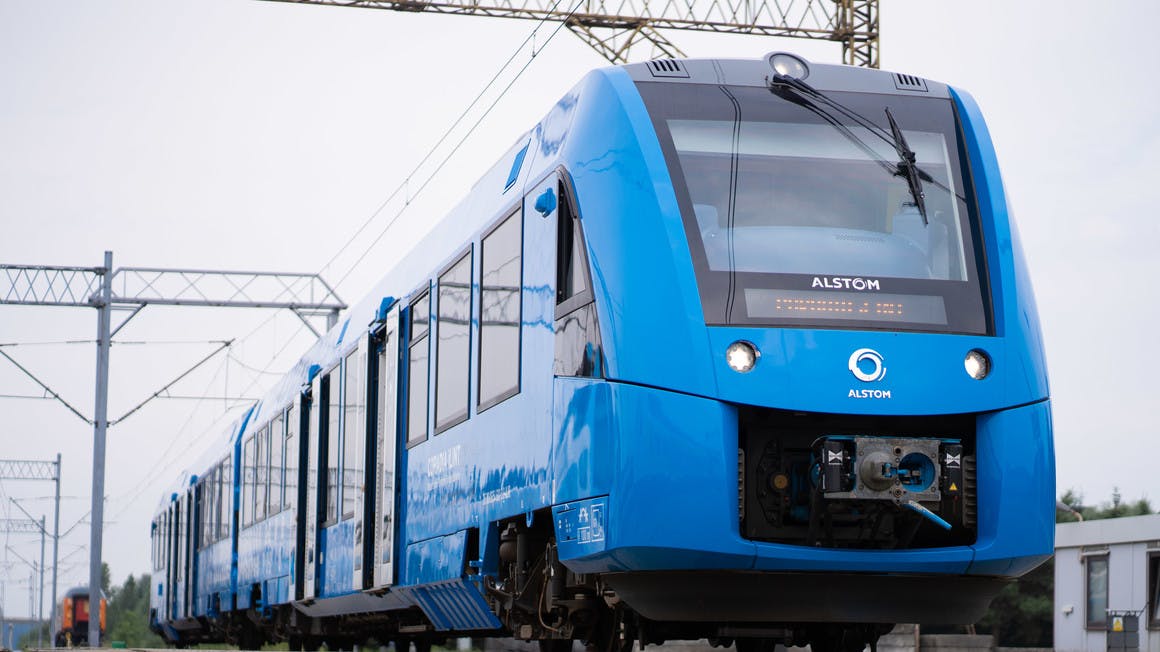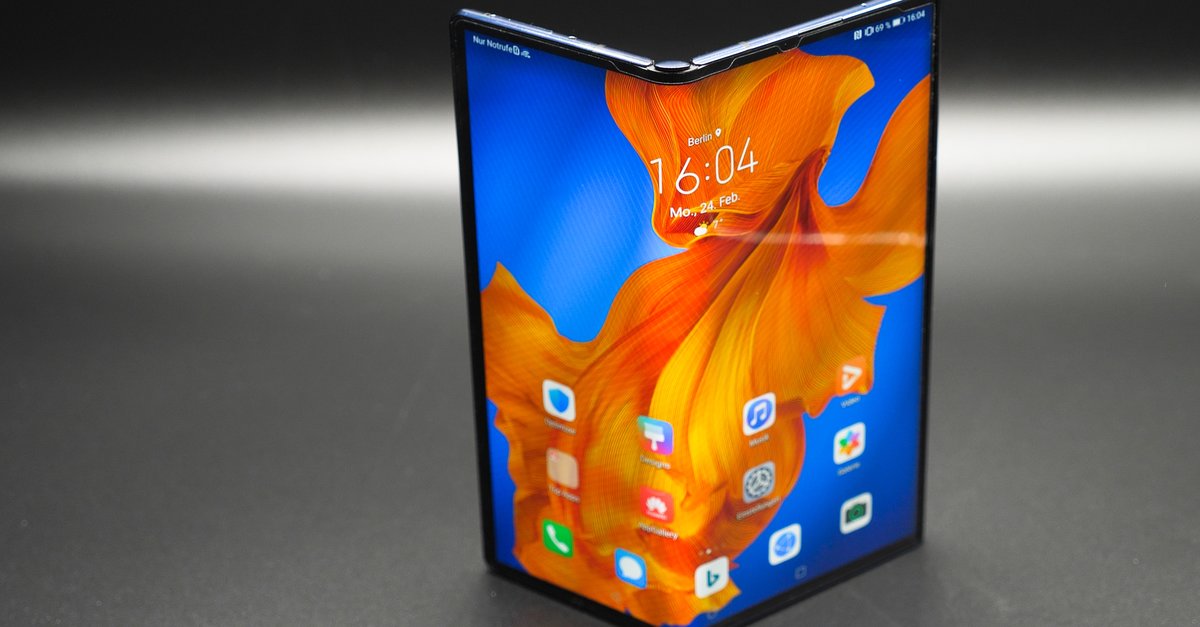In 2022, Frankfurt will launch the world’s largest hydrogen-powered train fleet
Alstrom’s Coradia Ilint is the world’s first hydrogen passenger train. (Photo: Alstrom)
The 27 hydrogen trains would then be the first in regular operation worldwide. They replace diesel locomotives and run on waste from local industrial parks. The hydrogen is not completely green.
Coradia Ilint is the name of the new train from the manufacturer Alstom, which runs entirely on hydrogen. 27 of them are to roll from Frankfurt to the Taunus and back next year. DB Regio, the RMV (Rhein-Main-Verkehrsverbund) and their industrial partners are thus founding the largest hydrogen train fleet in the world. They also proudly point to their infrastructure, reports the Frankfurter Neue Presse.
Contents
Hydrogen filling station well on its way
“A center for future technology is being built here,” announces DB Regio’s production director, Oliver Teerhag, with a view of the Griesheim maintenance facility. The first pre-series train stopped there. A few kilometers further, the regional division of Bahn AG, together with RMV and Alstom, opened the construction site for the associated hydrogen train filling station in October. Intraserv, the operator of the Höchst industrial park, is also on board. This is where most of the hydrogen comes from. Seven tons of the fuel are generated there as waste every day. In order not to be dependent on the by-products of the chemical plant of the former Hoechst AG, Intraserv is also building a five-megawatt electrolyser next to the filling station as a backup.
500 million euros and not yet a line operator
The 27 trains and their infrastructure cost around 500 million euros. The additional costs for diesel technology are cushioned by federal and state subsidy programs. RMV boss Knut Ringat said the Hessischer Rundfunk: “Otherwise we would not have been able to do the project.” The trains from Alstrom have already been ordered and should be delivered by the end of next year. The tender is currently running as to who should operate it. According to Ringat, DB Regio has already announced that it will apply. “The project is right on schedule,” he says happily. Deutsche Bahn also sees itself on the right track. Oliver Teerhag emphasizes that the group wants to work climate neutral by 2040. There is much to be done before then. The railway has 1,300 diesel locomotives in use and the upgrade of diesel lines with overhead lines is stalling. Then there are the locomotives of private companies that operate around a third of the local transport routes. In the RMV network alone, diesel locomotives run on around a third of the routes.
Trains with many advantages – the extra price is worth it
With the new Coradia models, it is not only the alternative drive that is arriving. The manufacturer emphasizes further advantages. The hydrogen models are more durable, noiseless and have more seating capacity. There are 160 seats per unit in the Ilint, while the diesel counterpart only has 120. Alstrom told the Handelsblatt that the trains are 20 percent more expensive to buy, but over a service life of around 30 years overall much cheaper than a diesel train. Experts see fewer problems in the train system than in infrastructure development. In addition, regenerative sources are required to produce the hydrogen in a climate-neutral manner. At the same time, wind farm subsidies are running out in many places. Most recently, the state government led by Armin Laschet (CDU) decided to massively restrict wind energy for North Rhine-Westphalia. See environmental groups 50 percent of the wind turbines there are in danger. They fear that further expansion will practically fail.



